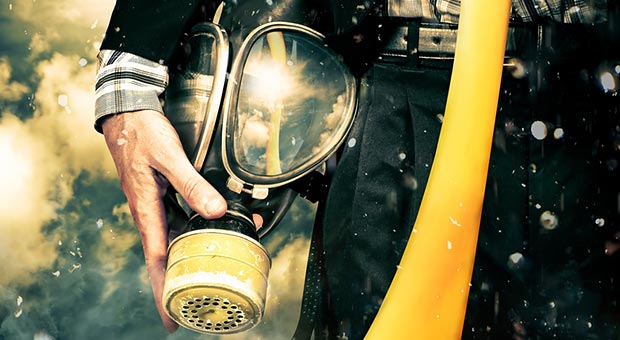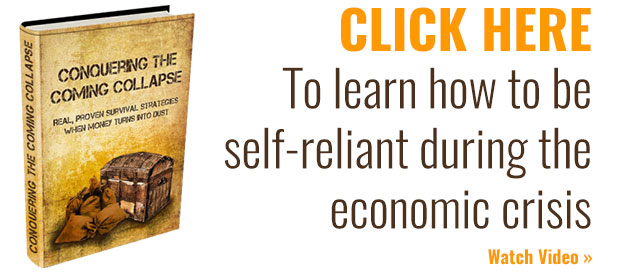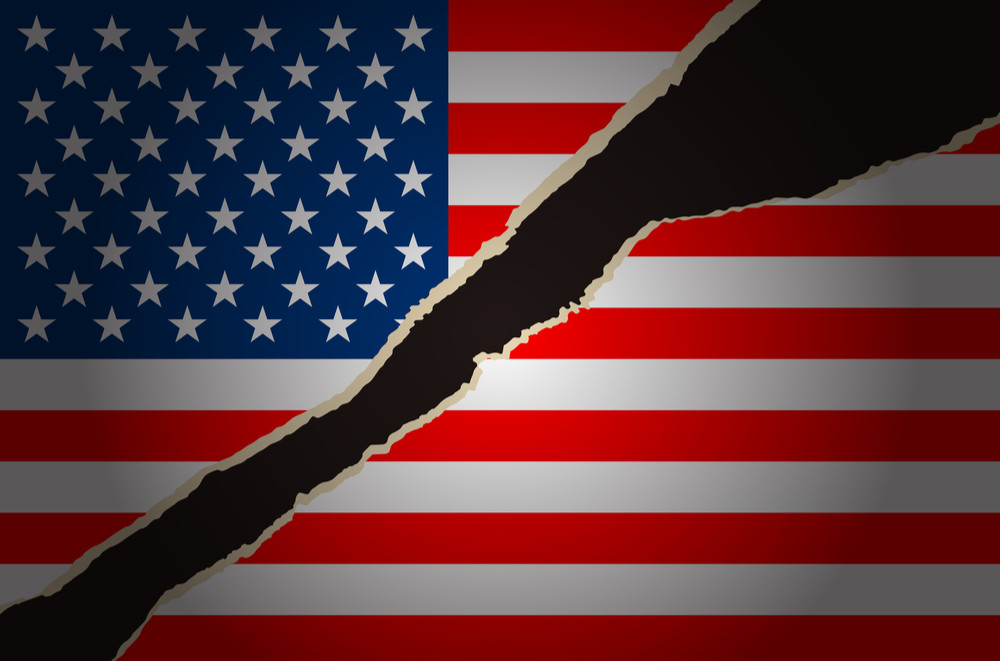True preppers aren’t just preparing for one type of disaster, but for anything and everything that comes their way. It doesn’t matter if it’s a hurricane, an EMP attack or a financial collapse; they want to be ready for it.
That makes sense, as none of us can see the future and know for certain what sort of disasters we are going to face in our lives.
With so much effort put into preparing for disasters, it’s amazing how little is said about preparing a business. It’s almost as if everyone is expecting whatever disaster that comes to be so complete that we’ll all be living in individual enclaves, totally shut off from the rest of society.
With that attitude, there’s no reason to worry about preparing your business, because there won’t be any business or commerce to worry about.

Actually, it’s going to be up to the businesses to rebuild our economy, not the government. All the government will be able to do is try and create an environment where businesses can succeed. Historically, they’re not too good at that.
With that in mind, anyone who is a business owner or manager should take the time to prepare their business for a financial collapse. That way, not only can they keep their business running, but they might even be able to profit from it. Here are some important things to do and to avoid doing:
- DO – Take a good look at your business and develop a post-collapse business plan. What can your business offer the community during rebuilding? What parts of your business will need to be shut down, as there won’t be a need for them? What parts may need to increase?
- DO – Look at your skills and abilities to determine what other products or services you should add to your business, specifically to meet the needs of a post-collapse world.
- DON’T –Think that your business won’t be affected and that you can just go on as normal.
- DON’T – Incur any unnecessary debt, especially debt that is secured by your business or inventory. You might end up losing your business if you can’t pay for it.
- DO – Invest in security bars or gates to keep looters out of your business. The first few weeks of a collapse, mobs will be in the streets, looting and vandalizing. You want to be able to protect your business from them.
- DO – Buy guns and learn how to use them, so that you can protect yourself, your employees and your business. While things are replaceable, people aren’t. Angered mobs can and will kill people.
- DO – Stock up on inventory, especially survival related items that are a normal part of your business. People will still need food, water, medical supplies and other basics. Having them on hand could give your business a great opportunity.
- DON’T – Make it obvious that you are stocking up. Keep that inventory as secret as possible. You don’t want someone to remember it post-collapse and bring a mob around, looking for you.
- DO – Develop plans for how you will utilize your employees in the post-collapse economy. Let those that you will be keeping know about those plans, preparing them. Make sure that they understand the need to keep everything secret.
- DO – If you have a service industry business, especially one in the building trades, make sure that you have a good stock of the basic supplies to continue servicing your customers.
- DON’T – Hoard money, as it will become worthless after the collapse. You’re better off putting that money into additional inventory that you can sell to your post-collapse customers.
- DON’T – Expect your normal suppliers to be in business or have any inventory after the collapse. Some of them will most likely go out of business. Seek out alternate sources of supply, even if you don’t buy from them now, so that you know where to look when the time comes.
- DO – If you use vehicles to deliver or provide services, put in a gas tank and stock up on fuel for those vehicles. If you need to replace any of them, seek out more fuel-efficient models.
- DO – Put in some form of alternative energy, at least enough to run your computers and essential equipment. Make sure that you have a battery backup system as well.
- DO – Keep paper records of everything, so that you have them in case the power goes out and your emergency power system doesn’t work.
- DON’T – Go to a “paperless office” system. While that might be convenient now, in the case of a financial collapse, your business might be frozen and unable to operate. If you had systems you used before the computer, keep those systems around and make sure that everyone knows how to use them.
- DON’T – Despair. Your attitude, more than anything else, will see you through the crisis. People have survived and even prospered through a financial collapse. If you are ready, you can be one of those who is a winner, rather than a loser.
While a financial collapse will be hard on all businesses, that doesn’t mean that your business has to collapse. Everything that is needed today will still be needed. While there will be less money floating around in the economy, there will still be an economy. Plan so that you can be one of the people who helps keep that economy going.
This article has been written by Bill White for Survivopedia.
Photo sources: Dreamstime.










Pingback:Preparedness for Business: Essential Dos and Don’ts | TheSurvivalPlaceBlog | March 7, 2014
|
Pingback:Preparedness for Business: Essential Dos and Don’ts « wchildblog | March 16, 2014
|
Pingback:Preparedness for Business: Essential Dos and Don’ts « donniebishop | March 16, 2014
|